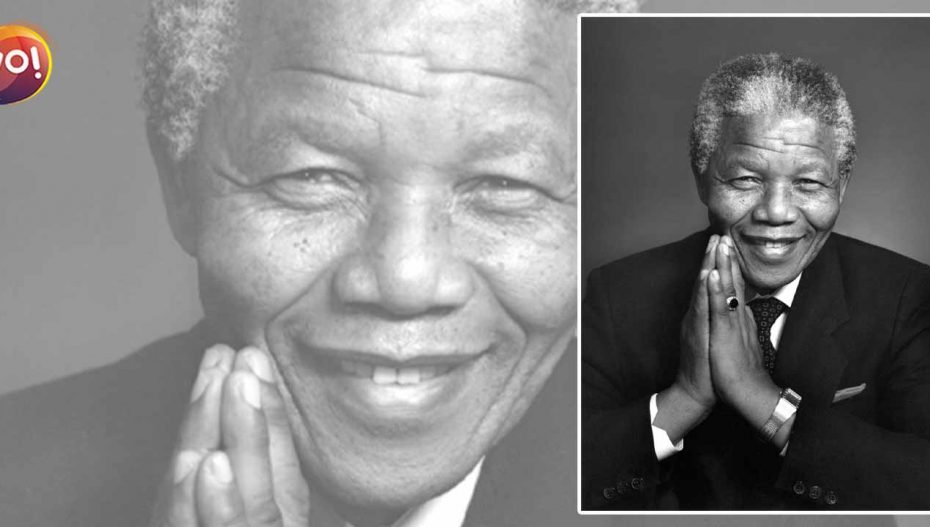In 2009, the UN recognised Nelson Mandela International Day in honour of the revolutionary and his accomplishments.
The choice was motivated by an appeal by the leader of South Africa, who urged the following generation to bear responsibility for leadership and deal with pervasive global socioeconomic inequalities.
Nelson Mandela International Day is celebrated worldwide to recognise the late South African president’s commitment to global freedom and peace.
Mandela served as the head of South Africa’s first multi-ethnic government and pioneered the battle against the racist apartheid system in his nation.
“Racism must be opposed by all means that humanity has at its disposal, ” Mandela said at the United Nations headquarters (UNHQ) in 1990.
Speaking at the UN headquarters on 18 July, Antonio Guterres, the head of the UN, paid homage to the “giant leader of our time” who exhibited incomparable courage and achieved enormous accomplishments. “A man of quiet dignity and deep humanity. Nelson Mandela was a healer of communities and a mentor to generations,” said Guterres.
Who was Nelson Mandela?
Nelson Mandela was the first leader of the people of South Africa and a human rights activist, lawyer, and international peace promoter. He was born on 18 July 1918, as the son of Chief Henry Mandela, he also earned the nickname Madiba and belonged to the Tembu clan. Early on, despite being an orphan, he asserted his chieftainship.
He joined the African National Congress and rose ranks to become the organisation’s Youth League chief, making his contributions known to the world. At age 95, Mandela passed away in 2013 after receiving the Nobel Peace Prize in October.
Read also: From WaghBakri to Symphony: A Look at How Gujarat’s Famous Brands Got Their Names












